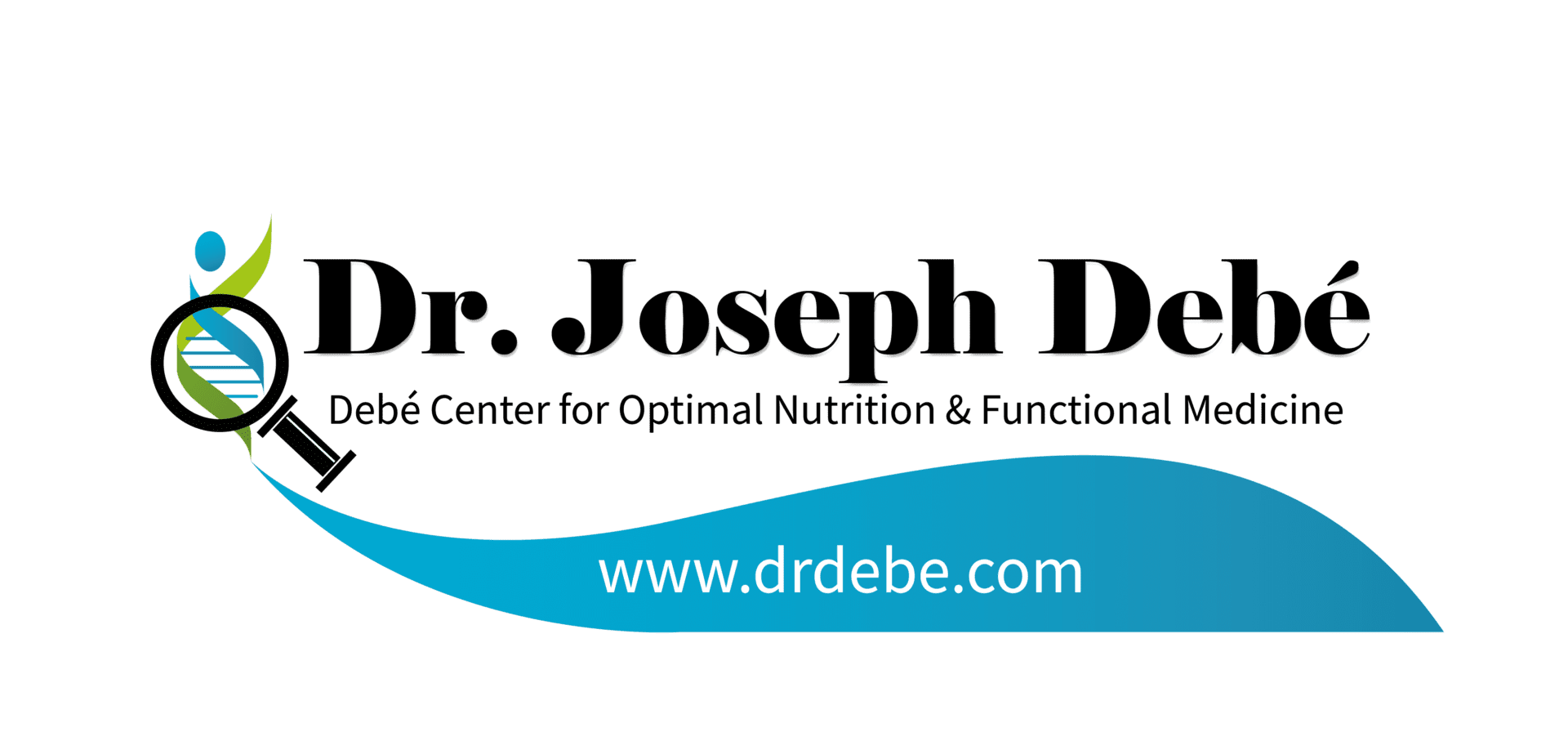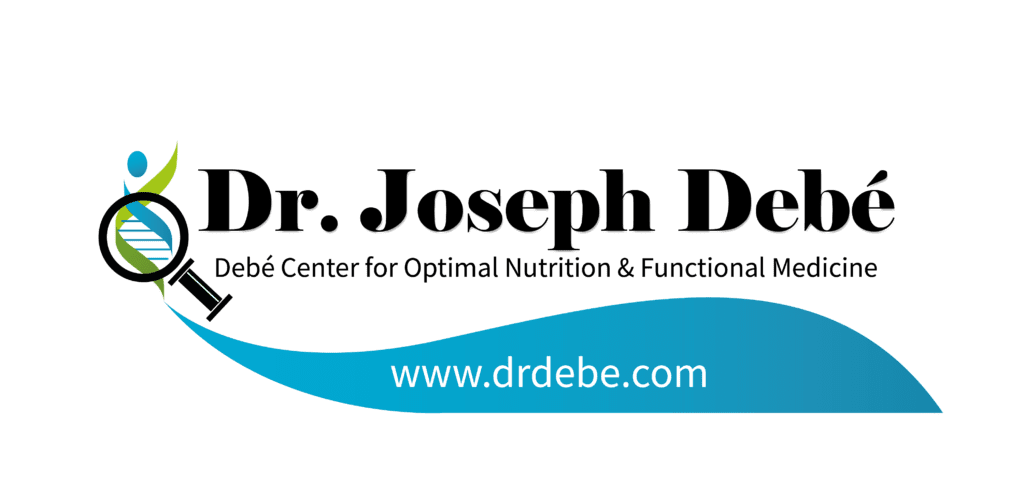by Dr. Joseph Debé
The conventional medicine, pharmaceutical industry influenced, HMO-driven American health care system has made antidepressant drugs the treatment of choice for patients seeking help for depression. These medications are quite effective and help many people. The antidepressant drugs exert their effect by basically increasing the activity of one or more brain chemicals called monoamines, which include dopamine, norepinephrine, melatonin, and the most important in depression, serotonin. When given a medication that increases the activity of one or more of these neurotransmitters, 60 to 75 percent of people experience relief of depression. That’s good. The problem is that significant side effects such as sexual dysfunction, headaches, nervousness, and insomnia are very common with use of these drugs. What’s more, the most popular antidepressive drug, Prozac, has been implicated in violent behavior, suicide, and according to an animal study, increased cancer risk.
Fortunately, there are safer alternatives to these medications. Hypericum perforatum, also known as St. John’s Wort, is a plant extract that has been found to be as effective as the drugs with fewer and less severe side effects. As a matter of fact, whereas the antidepressive medications often interfere with sleep, cognitive function and memory, St. John’s Wort may actually improve these parameters. So far, St. John’s Wort has only been tested in mild to moderate depression. Most of the studies with St. John’s Wort have used 300 milligrams taken three times per day.
Another compound worthy of consideration in the treatment of depression is S-Adenosyl-Methionine (SAMe). SAMe is manufactured by the body but its production may be impaired in depression. When given in supplemental form, SAMe has been found to result in enhanced serotonin and dopamine function and clinical improvement in patients with depression. It appears to be more effective than the medications, with fewer side effects. SAMe is an unstable compound; many products in health food stores are of poor quality.
Nicotinamide Adenine Dinucleotide or NADH is another compound produced by the body that is available in supplemental form that has been found, in one study, to alleviate depression. NADH is involved in cellular energy production and is a potent antioxidant. It stimulates the brain’s production of dopamine and norepinephrine. The only brand of NADH I recommend is Enada.
Tryptophan, tyrosine, phenylalanine, and inositol are other natural compounds that have been shown in studies to be helpful in depression. There are three supplements that have been shown to be beneficial in the treatment of depression in the elderly in particular. Gingko biloba extract, phosphatidylserine, and acetyl-L-carnitine. Gingko biloba is a plant extract that improves blood and oxygen supply to the brain and protects it from free radical damage. Animal studies have found gingko biloba extract to reverse the age–associated decline in number of serotonin receptors in the brain. Phosphatidylserine is the major phospholipid found in the cell membranes of the brain. Supplemental phosphatidylserine may improve depression in the elderly by its ability to improve cell membrane fluidity or by way of its cortisol suppressive effect. Acetyl-L-carnitine is another natural compound that has been found effective in relieving depression in the elderly. It may exert its action by improving cellular energy production within the brain.
Now that I have described the benefits of these natural compounds, let me tell you what’s wrong with this approach. Just as is the case with Prozac, when St. John’s Wort is used to treat depression, the underlying cause is not being addressed. So what’s wrong with a little manipulation of brain chemistry if it makes you feel better? Let’s say that your depression is the result of a vitamin B6 deficiency and instead of determining that fact through nutritional evaluation and then correcting it with vitamin B6 supplementation, you simply take St. John’s Wort. Left uncorrected, the vitamin B6 deficiency may contribute to heart disease, stroke, dementia, cancer, and/or osteoporosis.
Instead of using herbs and other natural compounds in a drug-like manner, a better approach to alleviating depression is to try to determine the underlying causes and deal with them in the most natural, effective way. Some of the causative factors in depression are: psychological, nutritional, toxicological, and lifestyle influences.
Psychological factors can be corrected by use of cognitive therapy and other types of mental exercise that can help to improve outlook to a more optimistic, resourceful one. These techniques are based in part, on the influence that our perception has on our state of being and how the questions we ask ourselves shape our perception. Psychological factors are best addressed with the guidance of a qualified healthcare professional.
The nutritional influences in depression are numerous. Deficiencies of any of a number of vitamins, minerals, amino acids, or fatty acids can produce depression. For example, the amino acid tryptophan is the raw material the body uses to make serotonin and melatonin. If the diet is deficient in tryptophan, depression can result. Inadequate levels of vitamin B6 can result in depression because this vitamin is necessary for the conversion of tryptophan to serotonin. Inadequate dietary intake of omega 3 fatty acids might produce depression because of their role as components of brain cell membrane receptors for serotonin. Nutrient deficiencies can be determined by dietary analysis and by testing of blood, urine, and hair samples. When found to be deficient, the treatment usually involves dietary modification or supplementation of the involved nutrient. In some cases, the problem is not in the amount of the nutrient consumed but, instead, involves poor digestion or absorption. Digestive evaluation and specific nutritional protocols are needed to correct this situation. A very common example is the depression that occurs in elderly patients due to inadequate vitamin B12 status secondary to suboptimal hydrochloric acid production in the stomach. Hydrochloric acid is needed for the absorption of many nutrients. Simply supplementing with vitamin B12 will not resolve the depression – supplements of hydrochloric acid must be taken to allow for B12 absorption. Up to 50 percent of people over age 65 may not produce adequate levels of gastric hydrochloric acid.
Food sensitivities of various types can cause depression as well. The best way to determine if a food is involved is to follow a modified elimination diet for about two weeks. This diet restricts the most commonly eaten foods, which are the ones most likely to be causing trouble. Alpha-gliadin containing grains such as wheat, caffeine, and sugar are some of the most common culprits. After two weeks of avoiding the most common allergens, one food is added back to the diet every two days and its effect on mood observed in order to identify the offending foods.
Another food related cause of depression is hypoglycemia or low blood sugar. Glucose or blood sugar is the main energy source of the brain. When low blood sugar levels cause impairment of brain energy production, depression can result. The cause of low blood sugar is usually the body’s overzealous down-regulation of elevated blood sugar levels that result from eating refined white flour and sugar-rich foods. This condition is best diagnosed by way of a Carbohydrate Challenge Test. This involves monitoring the body’s levels of blood sugar, insulin, and cortisol over a three hour time period after consuming a high-carbohydrate meal. The treatment for hypoglycemia usually involves dietary modification and nutritional supplementation.
Hypoglycemia is often involved in the depression that is part of premenstrual syndrome or PMS. Deficiencies of vitamin B6, magnesium, and essential fatty acids are also often part of this clinical condition. The sex hormones estrogen and progesterone are usually imbalanced in PMS as well. They can be assessed by way of saliva samples. Treatment involves some combination of dietary intervention, light therapy, and hormone augmentation.
Hypoglycemia is also often closely linked with altered levels of cortisol. Cortisol is the body’s major stress hormone. Its production is increased by all types of stress: mental/emotional, nutritional-chemical, physical, physiologic, and environmental. High cortisol levels are a major finding in depression. Cortisol is best measured by way of saliva samples. When found to be abnormal, a comprehensive stress reduction program needs to be implemented to improve the depression.
Thyroid hormone is influenced by cortisol levels and itself is involved in regulation of mood. Hypothyroidism, or low levels of thyroid hormone, is another cause of depression. Hypothyroidism may result from high levels of cortisol; deficiencies of iodine, zinc, copper or selenium; heavy metal or other types of toxicity; or an autoimmune condition. It may be corrected by use of a detoxification program, correction of nutritional deficiencies, normalization of cortisol levels, and avoidance of chlorine, fluoride, bromine, and refined carbohydrates. Apples, walnuts, sorghum, almonds, and cruciferous vegetables should be limited as they interfere with thyroid hormone metabolism. In some cases, hypothyroidism requires thyroid hormone replacement therapy. Hypothyroidism is sometimes diagnosed by way of routine blood tests. However, many cases that are missed with routine tests are picked up by salivary hormone analysis. In my experience, salivary thyroid hormone results are in closer agreement with patients’ clinical presentations than are blood test results.
Another condition associated with thyroid dysfunction and with depression is intestinal yeast overgrowth. Candida albicans and other species of yeast are native to the human gastrointestinal tract but when they overpopulate, problems result. Yeast overgrowth is associated with a wide range of symptoms, including endocrine dysfunction and depression. This may result from the organisms, metabolic waste products passing into the circulation and producing toxic effects within the brain. Yeast overgrowth usually results from antibiotic use, stress, and over-consumption of refined carbohydrates and alcohol. It can be diagnosed by laboratory testing. Yeast can be eradicated with dietary restriction of carbohydrate and fermented foods and by use of various “yeast killing” compounds such as oil of oregano.
Other sources of toxins can also result in depression. Heavy metals such as lead and mercury can enter the body from amalgam dental fillings, ingestion of fish, drinking water, and air pollution, to name a few. Toxic heavy metals can be screened for by way of hair analysis. Dietary and nutritional strategies, avoidance of further exposure, and chelation therapy can be used to remove the heavy metals from the body. Interestingly, another source of toxins that can produce depression is medications. Forty-three different classes of medications are capable of producing depression. How many patients are being given Prozac due to the effects of another drug they are taking?
A variety of lifestyle factors can also contribute to depression. Smoking, alcohol use, high fat diets, inactivity, and use of birth control pills can all predispose to depression. Our sleeping habits are also important. If we do not respect the 24 hour dark-light cycle, our body’s circadian rhythm becomes altered. This affects a host of bodily functions and alters hormonal output, with depression being one effect. Exposure to bright light in the morning, whether natural or artificial, can help to re-establish normal melatonin output and circadian rhythm and may increase serotonin output. Adequate exercise and physical contact are two final important considerations as related to depression. How about combining the two and beating up your boss? A sense of humor won’t hurt either!

